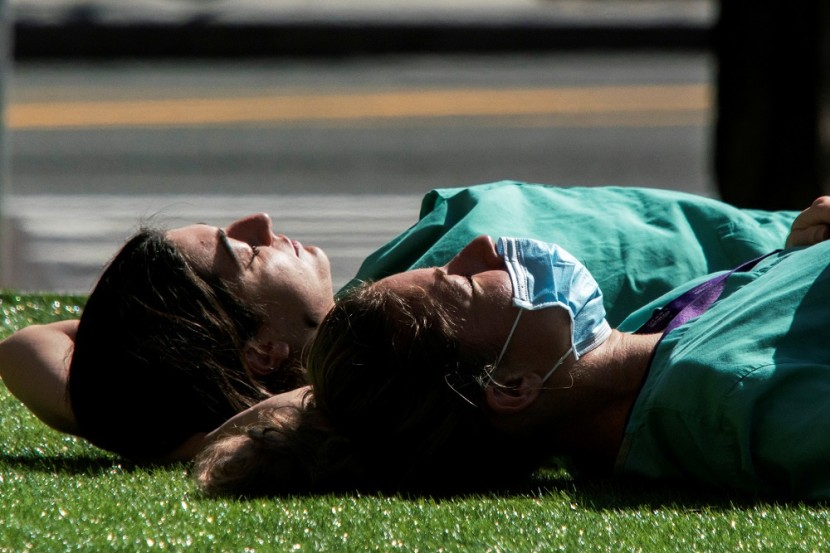
With billions of people losing their livelihoods during the global lockdown, public figures are alluding to an innovation that would mark the end of the crippling COVID-19 pandemic: a vaccine.
The worst-case possibility is that no vaccine is ever produced. The public's hopes then come crashing down, as numerous proposed solutions fall before the final impediment.
As global cases surge past 3.5 million, investors, governments, and the public are sharply monitoring the breakneck race to create novel coronavirus vaccines that could alleviate future infections. Researchers are considered as saviors who will carry out therapies and preventives necessary to defeat the coronavirus, while President Donald Trump has persuaded drugmakers to "get it done."
The end goal is to provide the human's immune system a taste of an invader so it adjusts to fight back when dealing with a real infection. The steps needed to test it for safety are still largely unchanged.
If a vaccine is created in the timeline preempted, then the public will have a preventative choice should the coronavirus recirculate next year. Protection from the coronavirus will save lives and help society restore its normal functioning.
There are numerous vaccines underway already. But these are still under clinical studies or human trials before it is finally rolled out for public use.
As various companies sprint to create a coronavirus vaccine, the public is regularly reminded that the time frame is at least 12 to 18 months. It may be excruciatingly long as the coronavirus outbreak continues to cripple globally, but it deserves some context. New technologies merged with international cooperation to combat infectious diseases are producing faster responses to new illness outbreaks, shaving long years from timelines of traditional vaccine development.
Meanwhile, an Australian expert in vaccine development poses a reality check for those pinning their hopes -it probably would not happen soon.
According to Ian Frazer from the University of Queensland, the sad reality is that this distinct coronavirus is posing problems that scientists have not been confronted with before.
Vaccines advance through stages: first safety testing, next wider tests of efficacy.
The White House coronavirus event exhibited how biotech and drug companies have joined the bandwagon to face the contagion threat through speedy new technology.
But if no vaccine is found to be effective, instead of wiping out the coronavirus, societies may instead adapt to live with it. Cities would steadily open and some freedoms will be restored, but on a short leash, if experts' suggestions are obeyed.
Vaccines are accepted as safe and straightforward, typically much cheaper than drugs, and can render protection for decades, virtually for life.
However, the coronavirus shots progressing most rapidly are created with new technologies that have never proven functional in humans.
"You never, never know whether something is going to work, or whether there's a problem until you put it in people," said Paul Offit, director of the Vaccine Education Center at Children's Hospital of Philadelphia. "You have to be humble when you go into this."
Related Article : Rare Inflammatory Syndrome Seen in US Boy Linked to COVID-19
© 2026 HNGN, All rights reserved. Do not reproduce without permission.








